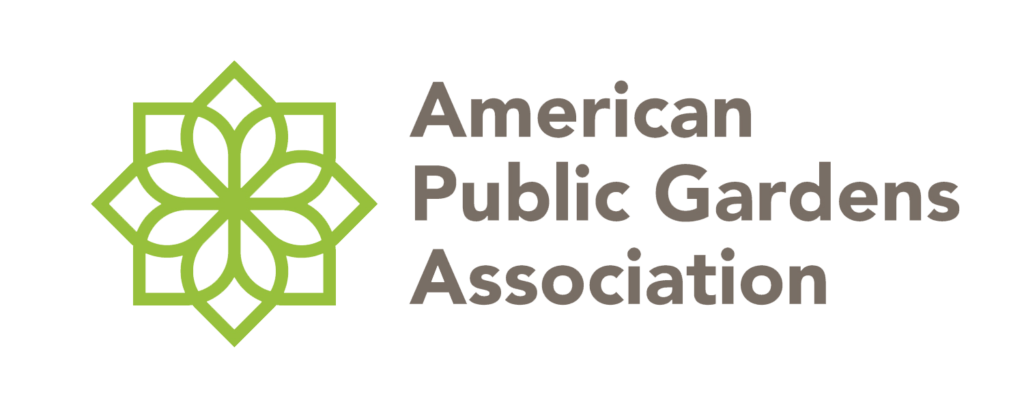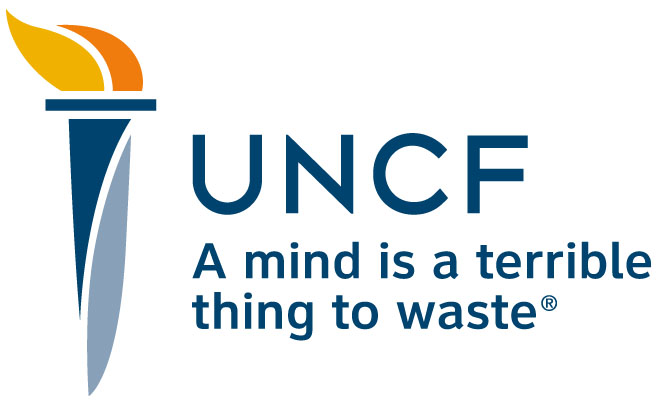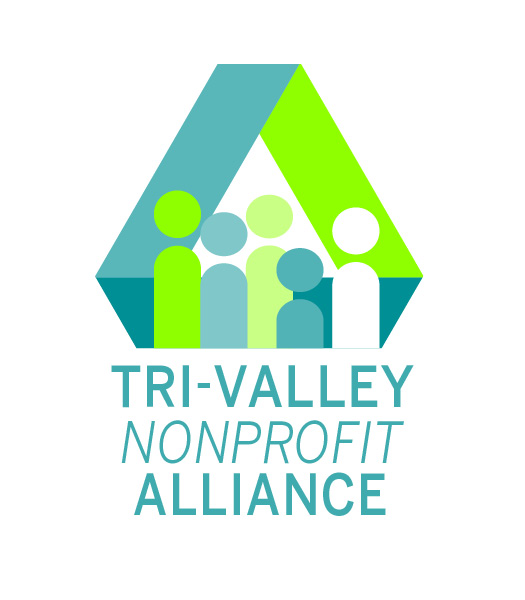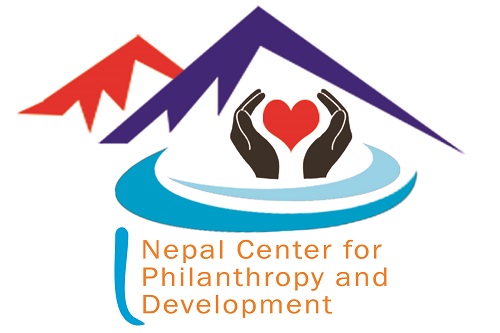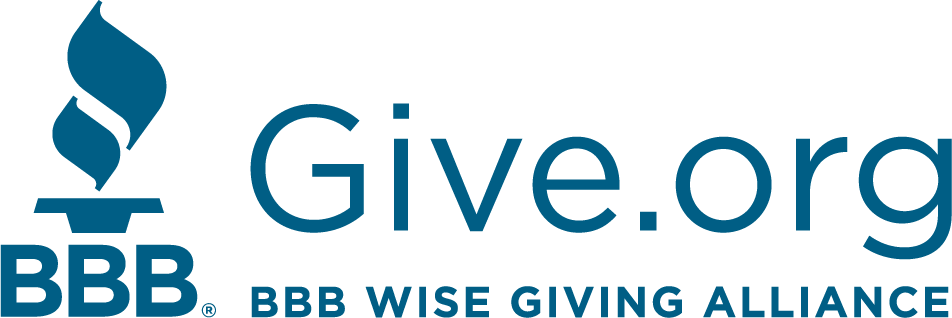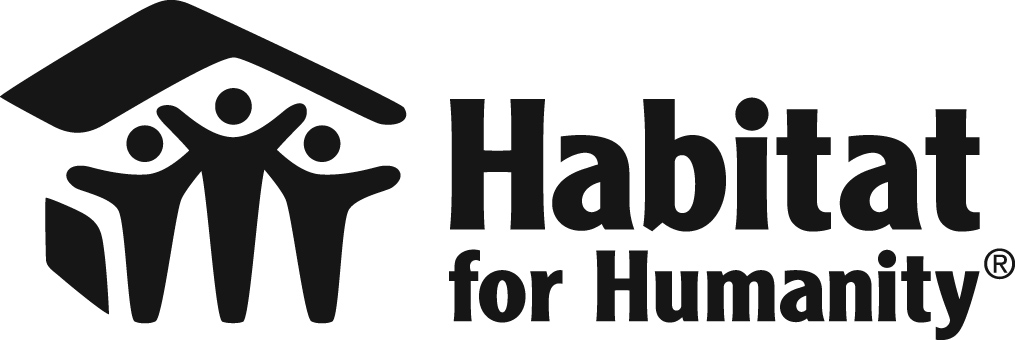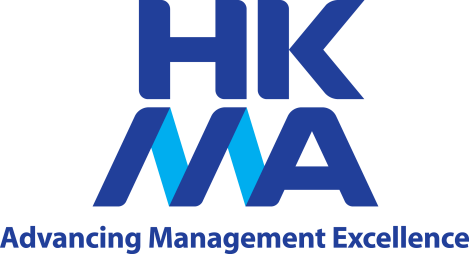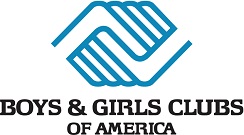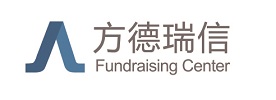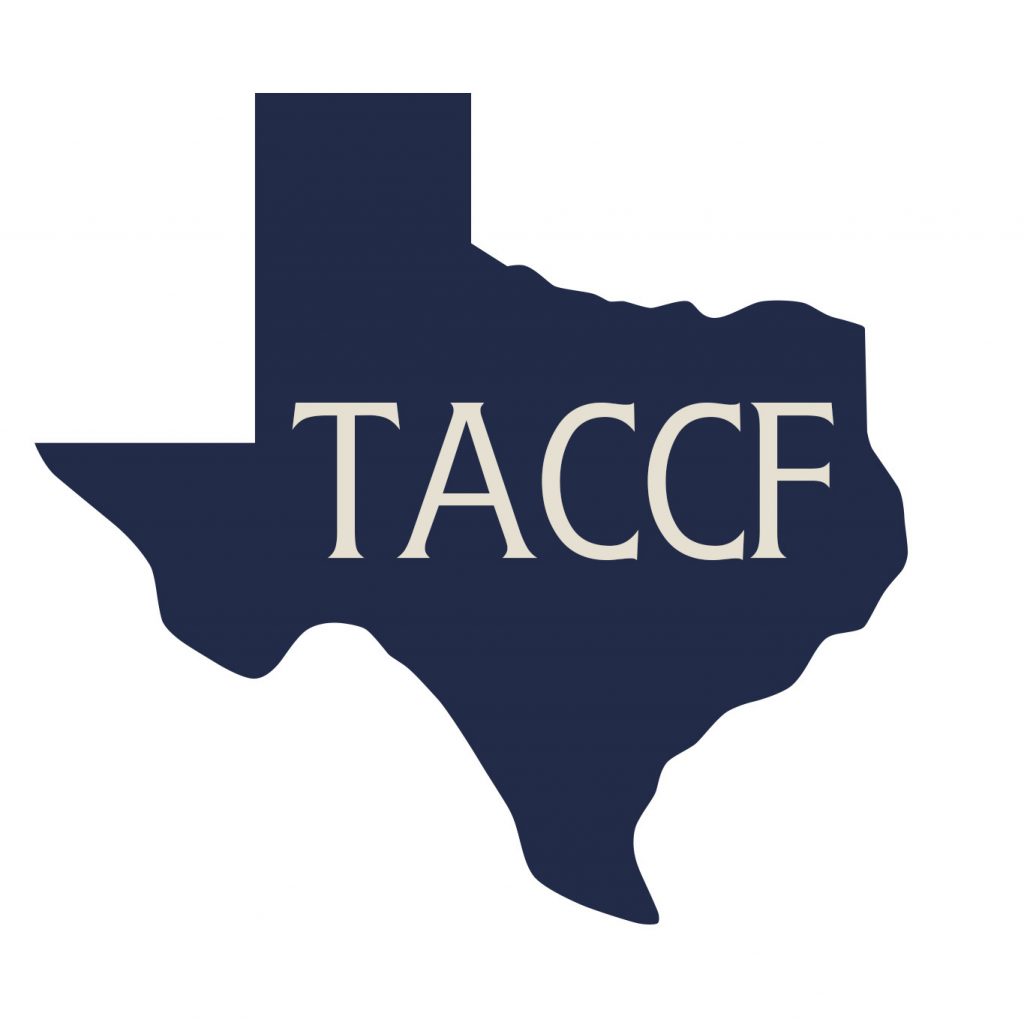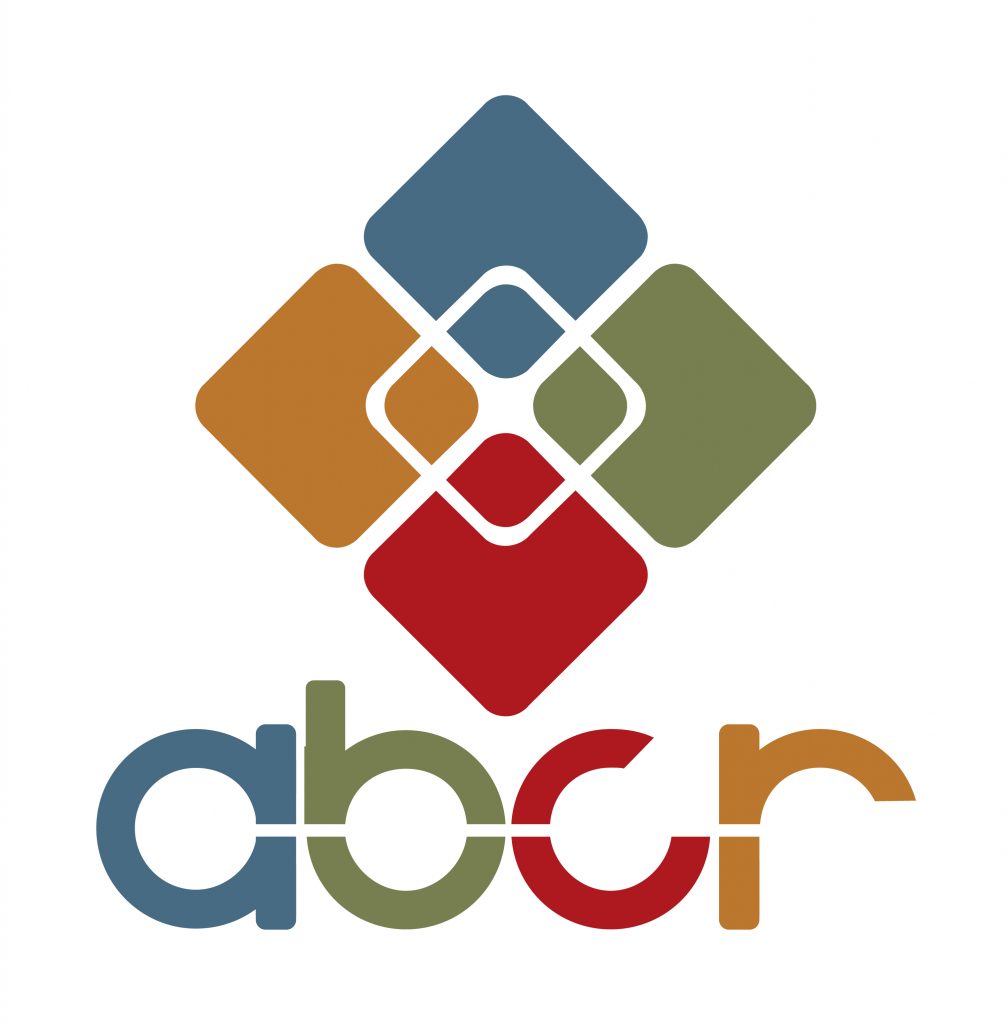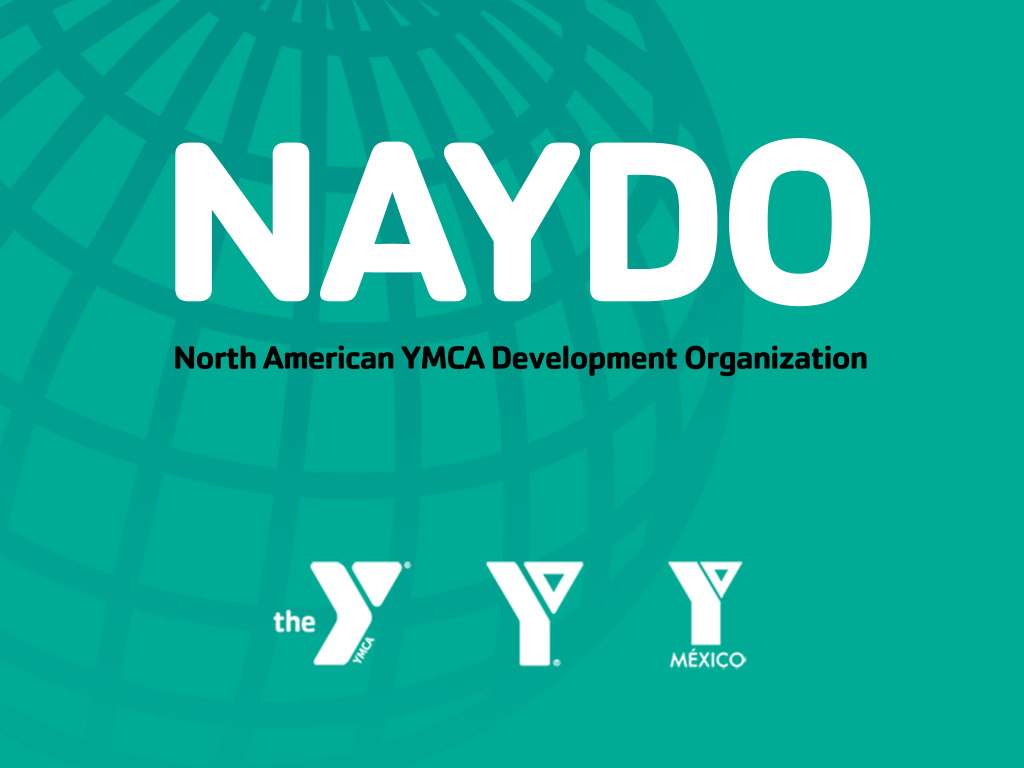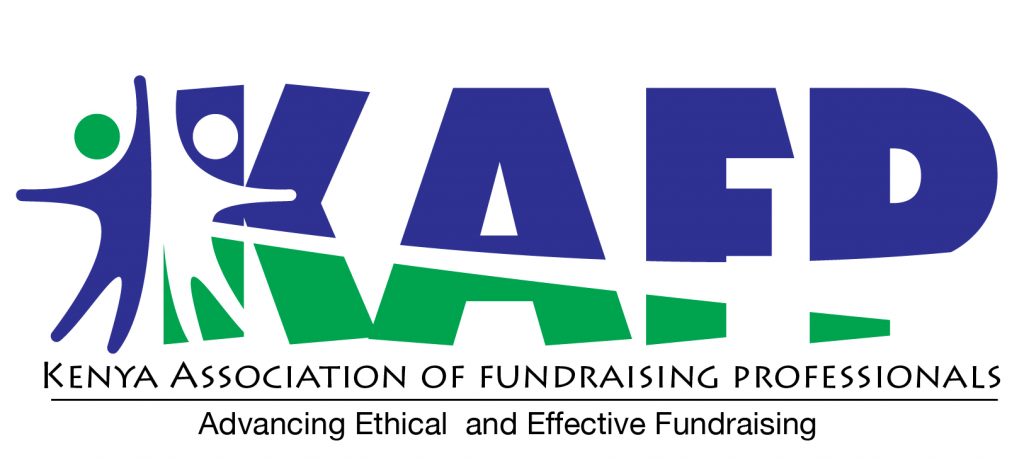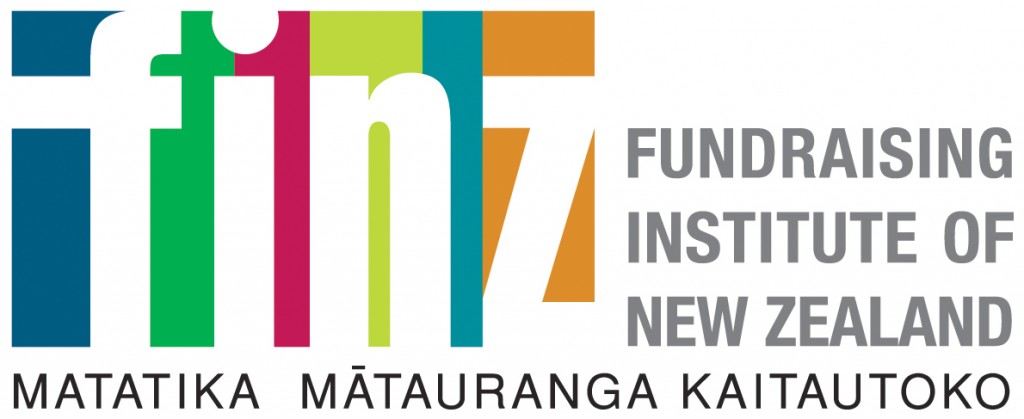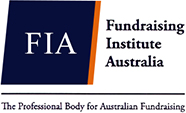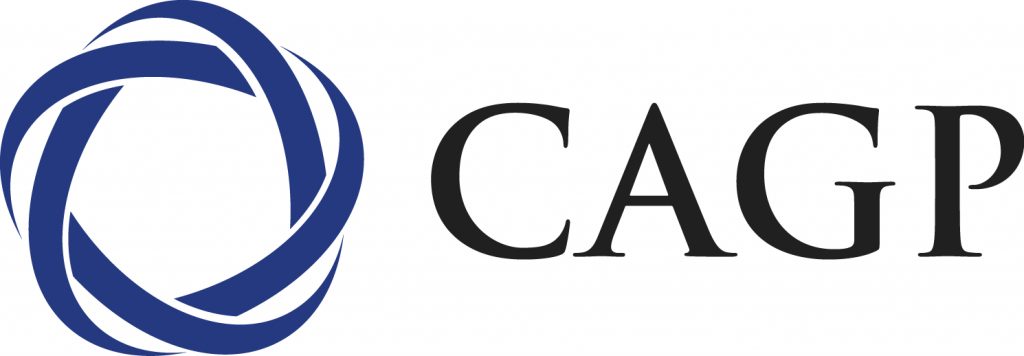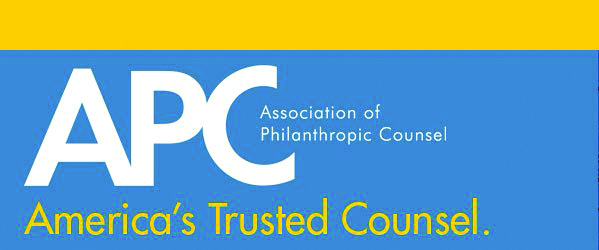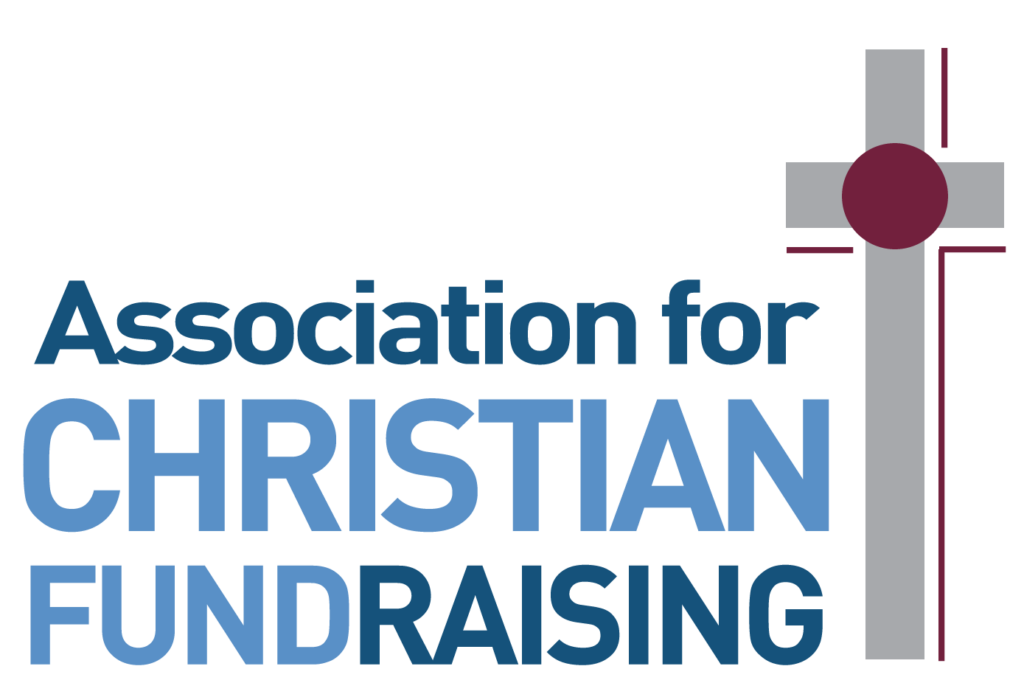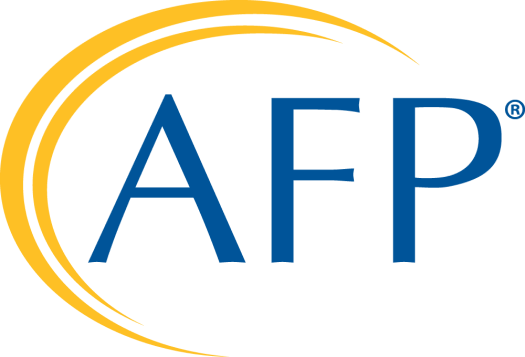 The CFRE Certification Team has reviewed thousands of applications. To help you have the strongest application possible, check out their advice below.
The CFRE Certification Team has reviewed thousands of applications. To help you have the strongest application possible, check out their advice below.
For application assistance, contact us.
Do:
- Do list a few extra hours of education.
If something you listed doesn’t count, you’ll still have enough extra to meet the requirement.
- Do make sure your Professional Practice matches your Professional Performance.
Your employment record should show the jobs for which you raised funds or for which you completed the communications and management projects listed on your application. For consultants, make sure your client list includes clients for which you have listed completed projects.
- Do spell out acronyms at least once on your application.
- Do review your application one last time before submitting.
Check for duplicate entries, incomplete items, etc.
- Do list your presentations at conferences.
You may have one entry for presenting at a conference and a separate entry for attending that same event. Speaking earns double points, so be sure to list it separately.
- Do update your application regularly with your achievements.
It can be hard to remember everything you’d done if you attempt to complete your application in one sitting.
- Do contact the CFRE Certification Team with questions.
The CFRE Certification Team wants to help you succeed!
Don’t:
- Don’t list more hours for education than there are on your program agenda.
Check program agendas and only list as much education as was offered that day.
- Don’t include breaks, meals, and networking events on your program agenda as education hours.
These events don’t count for points—only education sessions do.
- Don’t list every class as fundraising-related education.
Just because a tool/skill is useful for your fundraising work does not make it fundraising education. You can count up to 10 points of non-fundraising related education toward initial certification.
- Don’t guess about application requirements.
If you need additional information about application requirements, contact the CFRE Certification Team.
- Don’t enter items as “TBD.”
Most people forget to go back and edit those items, and it can be difficult to remember why you marked them as “TBD” in the first place.
- Don’t list each newsletter (or other routine work product) as a separate project.
Projects are temporary endeavors with specific strategic goals, as opposed to routine, ongoing work products like individual newsletters, etc.
- Don’t select “academic course” for classes that do not earn academic credit from a college or university.
This will give an incorrect points calculation and make it appear you have more points than you do. A course counts as academic if you will receive a grade that is recorded by the college or university on your official transcript. If that is the case, you are taking an academic course. If no, the course you are taking is not academic—even if offered through a college or university.
